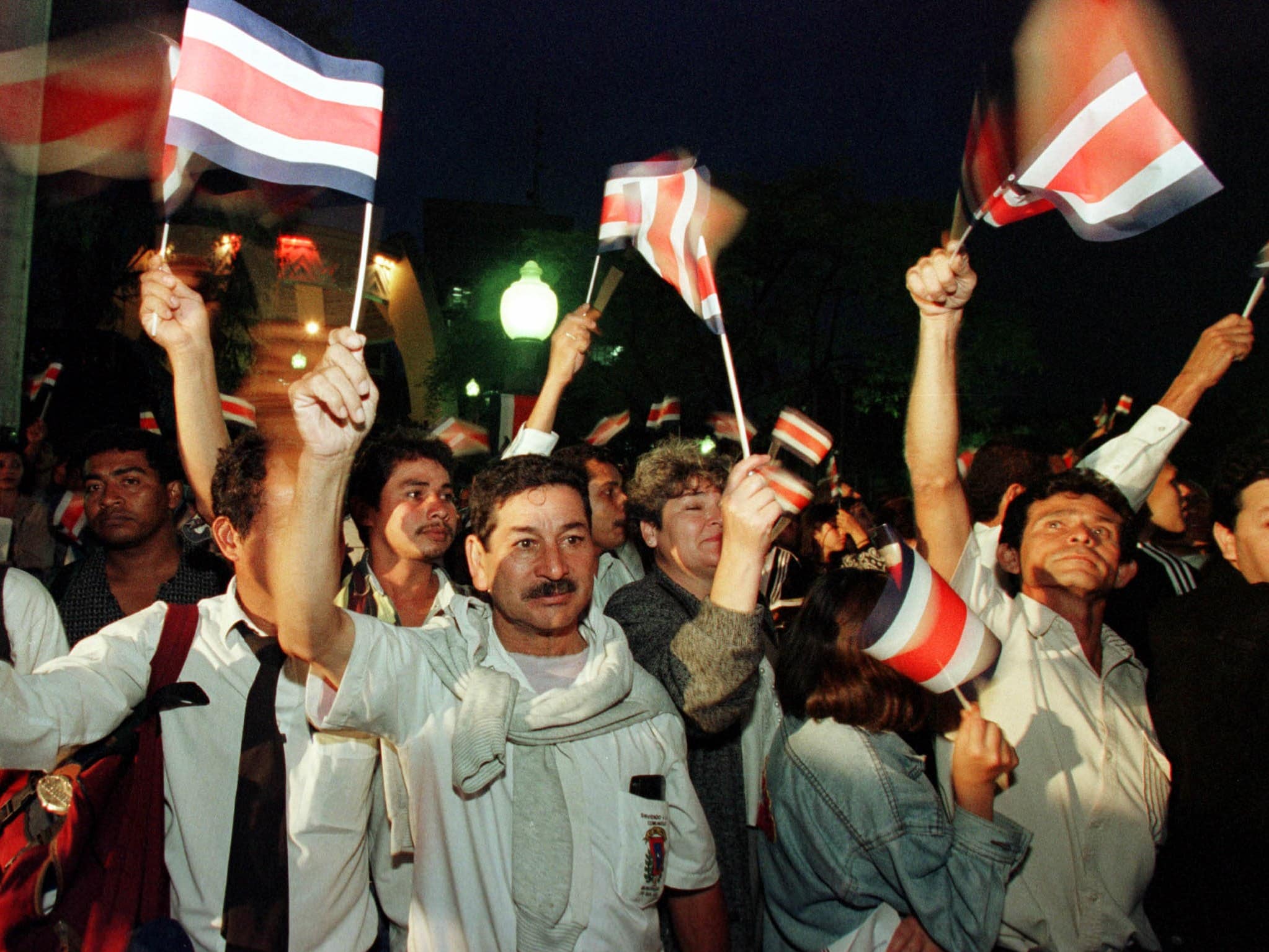A look at the state of press freedom for the host of World Press Freedom Day celebrations.
Why is UNESCO hosting World Press Freedom Day celebrations in Costa Rica?
The decision to have UNESCO and the Costa Rican government jointly host World Press Freedom Day celebrations in San Jose, Costa Rica from 2-4 May 2013 was announced on 8 February 2013 by Costa Rican president Laura Chinchilla, who lauded her country’s commitment to freedom of expression and press freedom. This year’s conference agenda will focus on the implementation of the UN Plan of Action on the Safety of Journalists and the Issue of Impunity, with particular attention being paid to Latin America. While some Latin American countries, such as Mexico and Honduras, are among the most dangerous in the world for journalists to operate in, others in the region have made significant advancements in protecting freedom of expression and ensuring the safety of journalists. As Irina Bokova, Director-General of UNESCO, explained: “A high visibility event such as World Press Freedom Day will help highlight the achievements made by Costa Rica and by the whole of Latin America in this area and will signal their firm commitment to freedom of expression and press freedom.”
How does Costa Rica compare to other countries?
Costa Rica leads Latin America – Reporters Without Borders (RSF) calls the country “a beacon of human rights amid the lawlessness often found in Central America” – and fares better at protecting press freedom than many developed democratic nations, including the U.S., U.K., Canada, and Australia. Costa Rica is ranked 18th in RSF’s 2013 Press Freedom Index, up one spot from 2012, with no journalists, media assistants, or netizens having been killed or imprisoned. Most recently, at the Extraordinary General Assembly of the Organization of American States (OAS) on 23 March 2013, Costa Rica joined Colombia, Panama, Uruguay, Mexico, Jamaica, Canada, and the U.S. in voting down Ecuador’s efforts, supported by Venezuela, Bolivia and Nicaragua, to reform the office of Special Rapporteur for Freedom of Expression for the Inter-American Commission on Human rights (IACHR). Ecuador’s proposed reforms would have significantly weakened the role of the Special Rapporteur and its ability operate independently of member state agendas in promoting free expression and protecting journalists in the region.
Have journalists in Costa Rica always enjoyed this level of press freedom?
While Costa Rica’s current standing is encouraging, the government has only recently had debates and enacted reforms to some of its more controversial laws that infringe on freedom of expression and press freedom, particularly in the area of defamation law. A number of journalists, including La Nación‘s Nicolás Aguilar Ramírez and Diario Extra‘s José Luis Jiménez Robleto, were jailed under article 7 of Costa Rica’s 1902 Printing Press Law, which allowed sentences of up to 120 days for journalists, editors and media owners found guilty of criminal defamation and “insults”. Both journalists had their charges dismissed, and the Costa Rican Supreme Court eventually struck down provisions for prison terms for criminal defamation on 17 February 2010.
The Costa Rican government also enacted the controversial Information Crimes Law on 6 November 2012, which provides for prison sentences of up to 10 years for the publication of “secret political information”. Article 288 of the new law included information “from national police bodies or security concerning defence matters or foreign relations,” or that affected “the fight against drug trafficking or organized crime”. Following a public outcry, the government pledged that the new law would not apply to journalists. The Costa Rican Supreme Court eventually suspended the article following a constitutional challenge filed by journalist Randall Rivera, and in April 2013, the national assembly voted on a series of amendments to the bill eliminating the “secret political information” article altogether.
